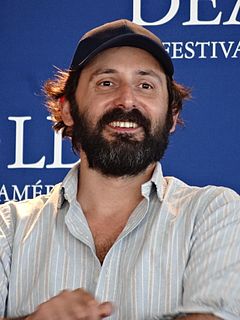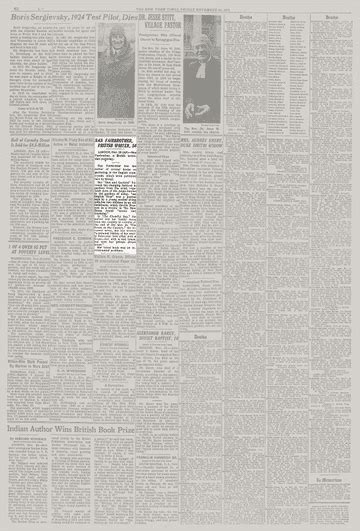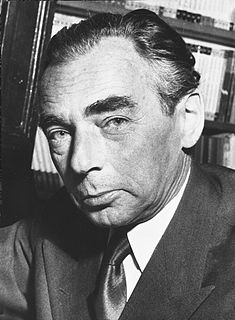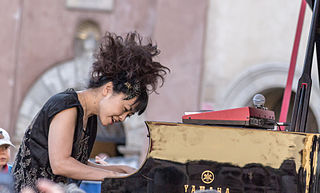A Quote by Roald Dahl
When you're old enough to write a book for children, by then you'll have become a grown up and have lost all your jokeyness. Unless you're an undeveloped adult and still have an enormous amount of childishness in you.
Related Quotes
A real good artist is basically a grown-up kid, who never kills the kid. What we call being an adult is basically about killing the kid. People think you have to forget about the kid to become an adult and deal with grown-up problems. But, that's bullshit. We are still kids. It's the same, you just grow up. You're a kid with more experience.
You have to surrender to your mediocrity, and just write. Because it's hard, really hard, to write even a crappy book. But it's better to write a book that kind of sucks rather than no book at all, as you wait around to magically become Faulkner. No one is going to write your book for you and you can't write anybody's book but your own.
I don't change the language for children books. I don't make the language simpler. I use words that they might have to look up in the dictionary. The books are shorter, but there's just not that much difference other than that to be honest. And the funny thing is, I have adult writer friends [to whom I would say], "Would you think of writing a children's book?" and they go, "No, God, I wouldn't know how." They're quite intimidated by the concept of it. And when I say to children's books writers, would they write an adult book, they say no because they think they're too good for it.
Most people put their childhood away as if it was an old hat. They forget it as if it was a phone number that does not apply anymore. They think about their life as if it was a salami which they are eating slice by slice and then they become grown-ups, but what are they now? Only those who grow up and still remain children are real human beings.
Critics who treat adult as a term of approval, instead of as a merely descriptive term, cannot be adult themselves. To be concerned about being grown up, to admire the grown up because it is grown up, to blush at the suspicion of being childish; these things are the marks of childhood and adolescence.
My highest compliment is when someone comes up to me to say, "My 14-year-old daughter, or my 12-year-old son read your book and loved it." I cannot conceive of a greater compliment than that - to write something that as an adult I find satisfying, but also that manages to reach a curious 13- or 14-year-old.
I, on the other hand, still might not be considered a proper adult. I had been very grown-up in primary school. But as I continued through secondary school, I in fact became less grown-up. And then as the years passed, I turned into quite a childlike person. I suppose I just wasn't able to ally myself with time.
If everything is made so obvious that it asks nothing of the readers, then after a while, their ability to respond is atrophied. And they grow up as young people unable to take anything from a printed page, or they become bored because they haven't discovered the nuances, the differences of opinion, the differences of approach between one author and another. Children can be trusted to skip what they don't like in a book. That's perfectly all right. But to have it all reduced to the supposedly twelve-year-old mind of the adult public is what I object to.
Years may wrinkle the skin, but to give up interest wrinkles the soul. You are as young as your faith, as old as your doubt; as young as your self-confidence, as old as your fear; as young as your hope as old as your despair. In the central place of every heart there is a recording chamber. So long as it receives messages of beauty, hope, cheer and courage, so long are you young. When your heart is covered with the snows of pessimism and the ice of cynicism, then, and then only, are you grown old. And then, indeed as the ballad says, you just fade away





































